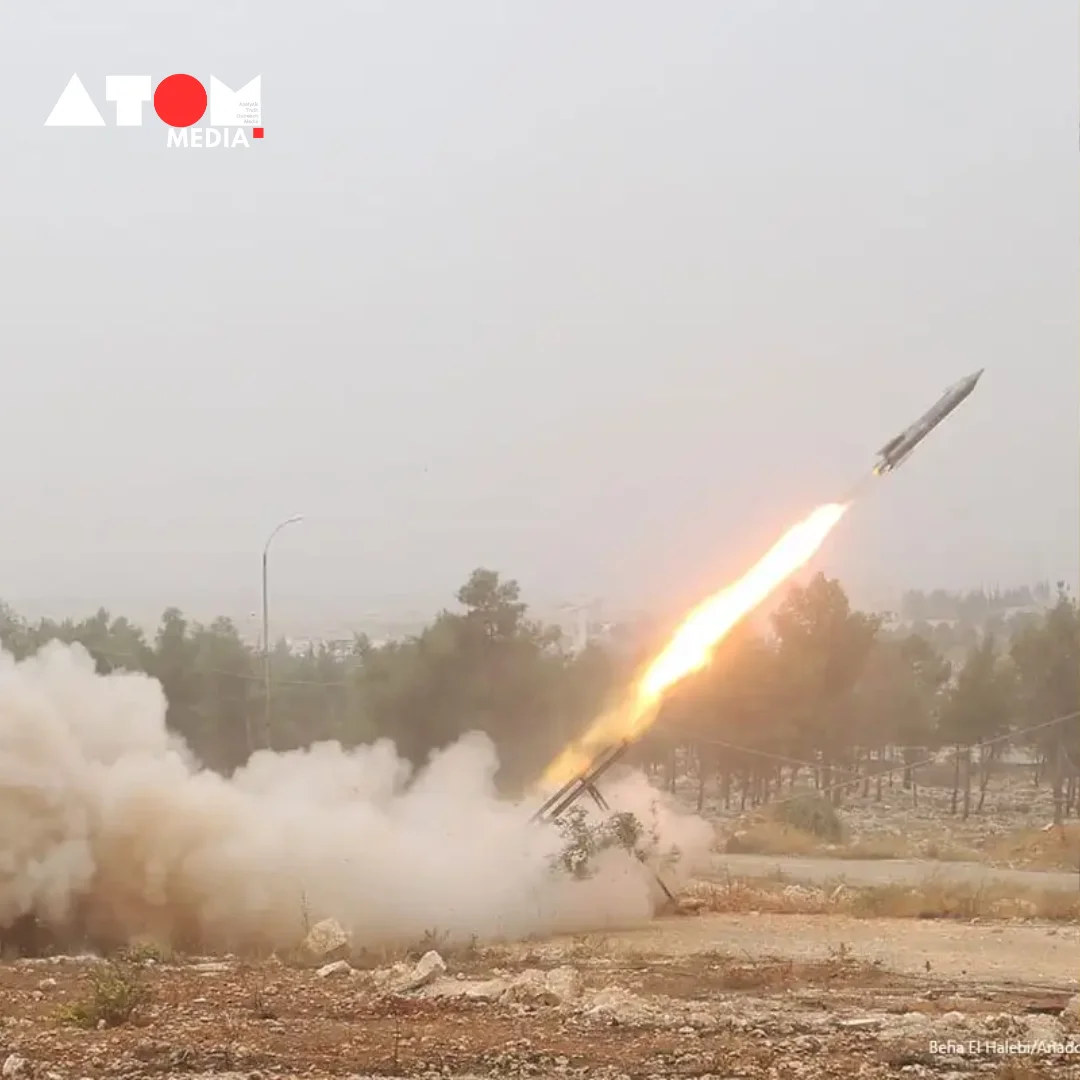Escalating Conflict Sparks Concerns of Wider Regional Instability
In a significant escalation of tensions, Israel reportedly launched a missile strike targeting a site in Iran. The strike comes in response to a recent drone and missile attack attributed to Iran, raising fears of a broader conflict in the region. Here’s a detailed look at the unfolding events and their implications.
Israeli Response to Iranian Provocation
Israeli missiles reportedly targeted a site in Iran following a drone and missile attack believed to be orchestrated by Iran. The attack was purportedly a retaliation against an alleged Israeli airstrike on an Iranian embassy in Syria, as reported by ABC News. The tit-for-tat exchanges between the two nations have raised concerns about the potential for a wider regional conflict.
Unprecedented Assault by Iran
Iran’s recent assault, involving over 300 drones, cruise missiles, and ballistic missiles, has added fuel to the fire. The attack, launched last Saturday, was met with interception efforts by Israel and its allies, including the US. The scale and intensity of Iran’s offensive underscore the escalating tensions between the two adversaries.
Consequences of the Conflict
The repercussions of the conflict are felt beyond the borders of Iran and Israel. Commercial flights reportedly began diverting their routes over western Iran amidst heightened tensions. The incident has sent shockwaves through the wider Middle East, with countries in the region bracing for potential fallout from the escalating conflict.
International Responses and Diplomatic Efforts
In response to the escalating conflict, international actors have reaffirmed their positions and commitments. Israeli Prime Minister Benjamin Netanyahu reiterated Israel’s determination to protect itself, while the US pledged to support Israel’s security interests. Meanwhile, Iran has called on the United Nations Security Council to intervene and halt Israel’s military actions targeting Iranian interests.
Diplomatic Channels and Calls for Restraint
Efforts to de-escalate the conflict are underway, with diplomatic channels being explored to mitigate tensions. US Secretary of State Antony Blinken has pledged to increase diplomatic efforts against Iran, signaling a commitment to finding a peaceful resolution to the crisis. Amidst mounting concerns, calls for restraint and dialogue echo across the international community.
Iran’s Assertion of Self-Defense
Iran, for its part, has asserted its right to self-defense in the face of perceived aggression. In a press statement issued by the Embassy of Iran in India, Iran emphasized its commitment to the principles of the United Nations Charter and the rule of law. The statement underscored Iran’s actions as a response to what it deemed as unlawful military aggression by Israel.
The Path Ahead: Uncertainty and Caution
As tensions continue to simmer, the path ahead remains uncertain and fraught with risks. The potential for further escalation looms large, raising concerns about the stability of the region and global security. In such a volatile environment, diplomatic efforts, dialogue, and a commitment to peaceful resolution are paramount to averting a full-blown crisis.
The missile strike by Israel on Iran marks a dangerous escalation in an already tense region. The tit-for-tat exchanges between the two adversaries have raised fears of a wider conflict with far-reaching consequences. As international actors navigate the delicate geopolitical landscape, the need for restraint, dialogue, and diplomatic solutions has never been more urgent.
Read more: Marketing News, Advertising News, PR and Finance News, Digital News





